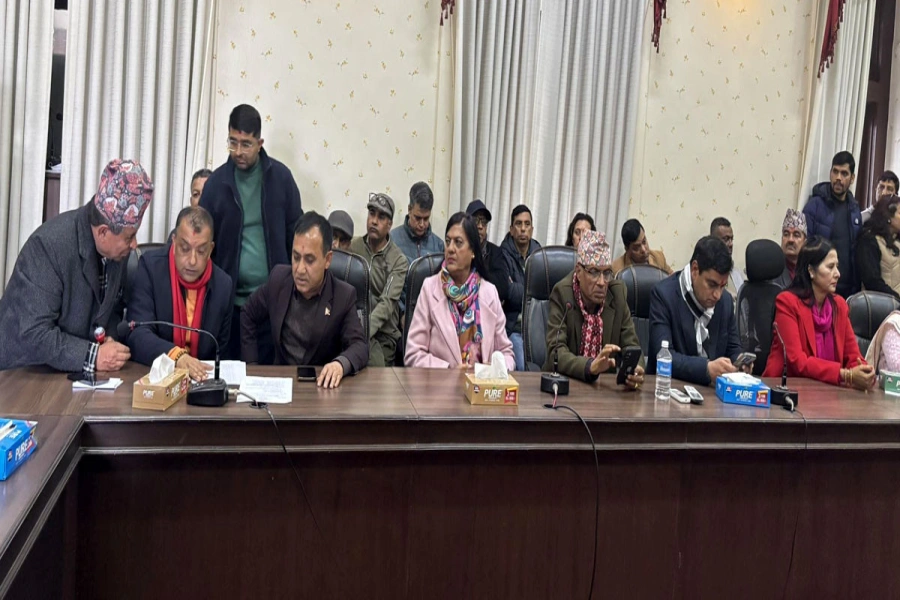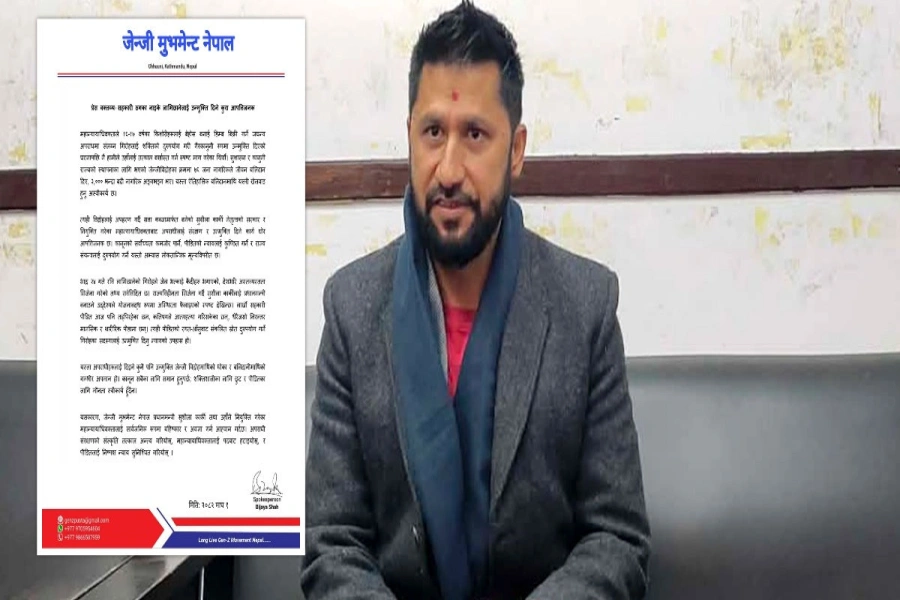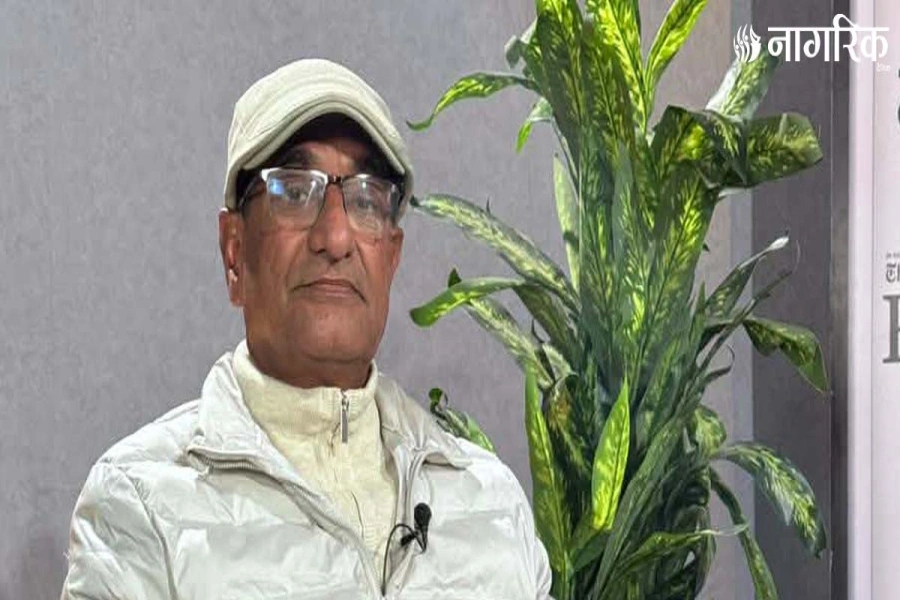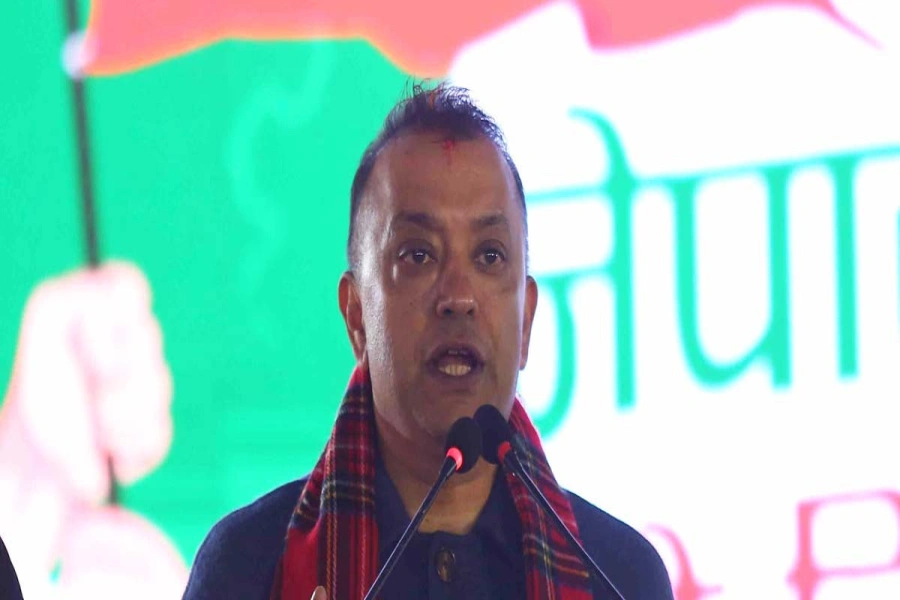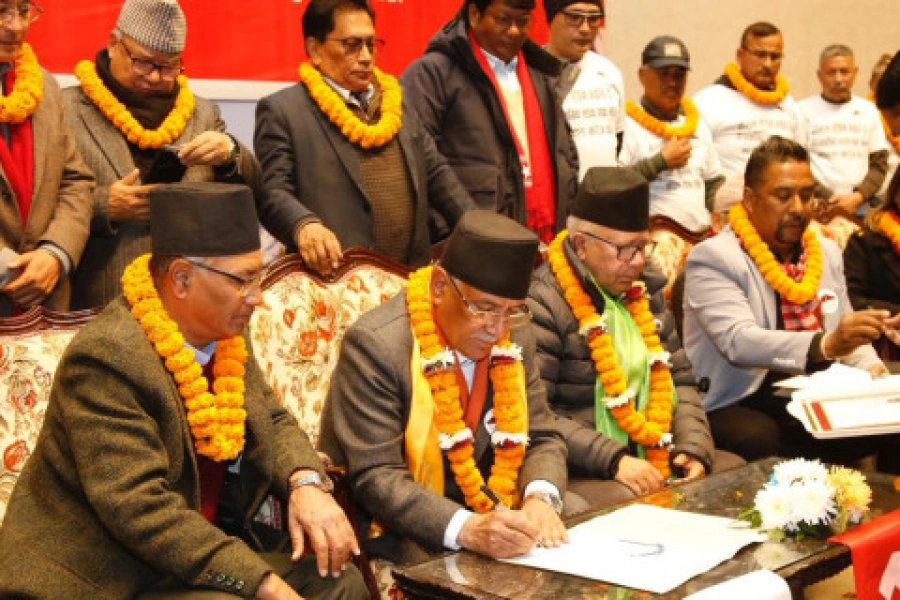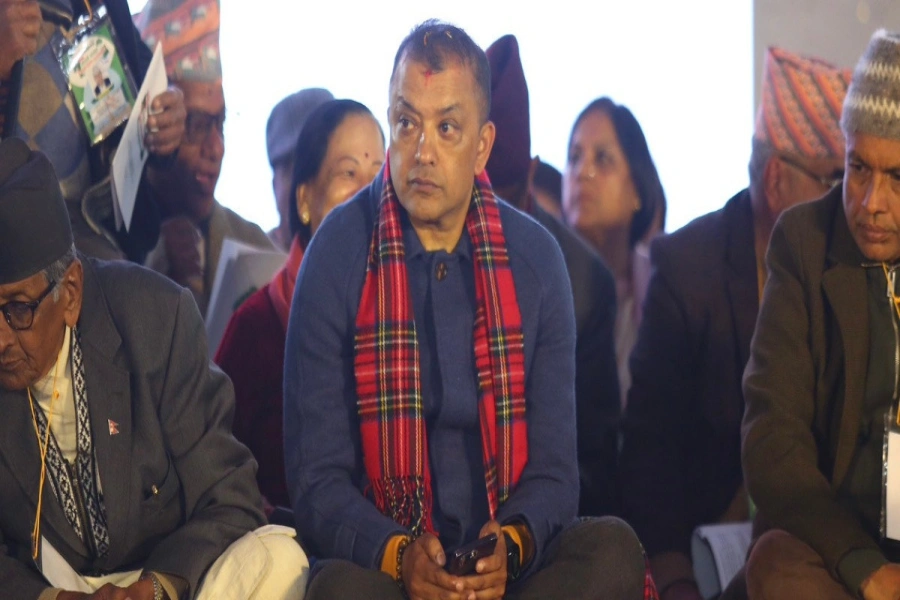The result of Grade XII examinations, which was published on Monday, has come as yet another reminder of how quality of education in our schools is declining, if we take grades into account. The results published by National Education Board (NEB) show that only 3,067 students obtained 3.61 to 4.0 GPA. Of the total 292,153 regular students who had sat for the examinations held from April 28 to May 9, a total of 16,204 students have secured 3.21 to 3.60 GPA, and 31,062 secured 2.81 to 3.20 GPA. A total of 56,503 students secured 2.41 to 2.80 GPA, 86,227 students 2.1 to 2.40 GPA and 62,619 others 1.61 to 2.00 GPA. These grades reflect the quality of learning and teaching also because the students who passed Grade XII with such grades are the ones who passed SEE under letter grading system. Its other merits aside—for one, letter grading system has no failure category and students do not have to live with the stigma of failure—the grading system, in a way, has unburdened the students of hard work they are supposed to put to excel in the subjects they choose in Grade XI and XII. In principle, students are allowed to pursue the subjects of their interests—no matter what their grades in concerned subjects. So they find it harder to do better in higher grades.
Blessing in Disguise

There could be various reasons for this downfall. For one, Nepal’s public schools, to which majority of dismally performing students belong, are not yet able to manage teachers with expertise on particular subjects. In many of the schools, the teachers who were earlier teaching up to Grade X with the qualification of bachelor’s degree are teaching in XI and XII as well. And in lack of proper training and orientation, these teachers have not been able to deliver the best. Second reason is related with curriculum itself. Many students find curriculum of Grade XI and XII vastly different from Grade X curriculum. The government’s plan of updating or revising the curriculum has not materialized yet. And with the exposure to various social media and access to gadgets like smart phones, today’s students have found the source to distract them from studies. While it is incumbent on parents and teachers to work on developing study habits in students we also need to assess how and whether letter grading system has served in enhancing students’ learning habit and achieving learning outcome.
Education experts have called for revision in education policy. They argue that the government policy that does not include provision to provide government teachers for the higher secondary (plus 2) level is one of the reasons behind disappointing results. The state invests billions of rupees for school education system. Private sector has also invested significant amount of money in this sector. But for the last few years, our education outcome—whether in SEE, Grade XI and XII and university system—is in declining pattern. We cannot afford to spend so much and yet be complacent with dismal outcome. The government needs to seriously analyze our education outcomes and work to correct every shortcoming.



